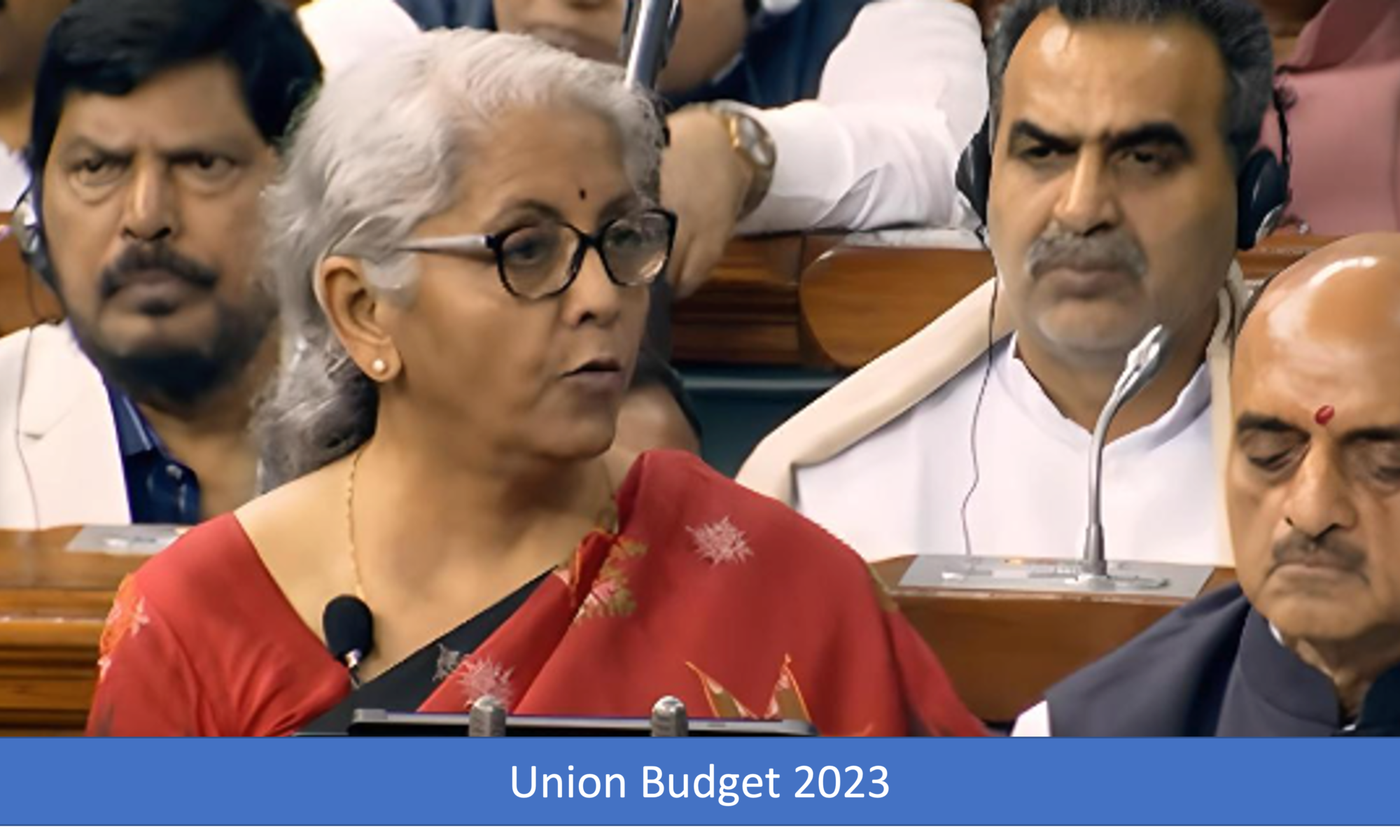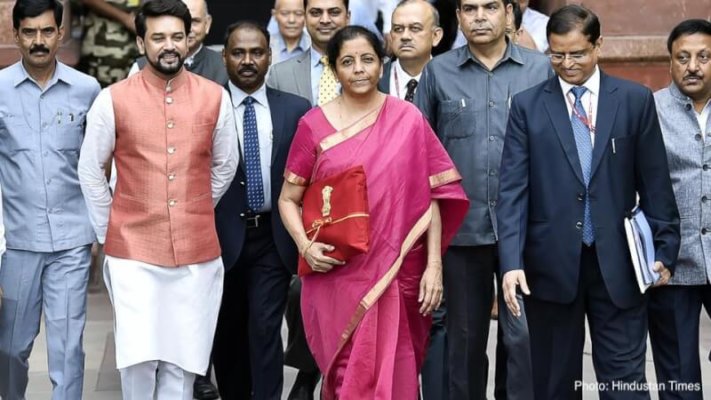Budget 2023 – Digital Public Infrastructure (DPI) the ‘Mantra’ for New India
iSPIRT Foundation, a technology think-and-do tank, believes that India’s hard problems can be solved only by leveraging public technology for private innovation. iSPIRT as a think tank pioneered the Digital Public infrastructure (DPIs)
India is at the cusp of what could be the most exciting quarter century of its post-independence existence, referred to as ‘Amrit Kaal’ by the Economic Survey yesterday and today in the Budget speech. The Economic Survey also mentioned that GDP could be boosted by 1% by Digital Public Infrastructure (DPIs), where India is stealing a March on the world for sure.
The second testimony to the important contribution of DPIs to the economy comes in the budget speech today when the finance minister stated, “India’s rising global profile is because of several accomplishments: unique world class digital public infrastructure, e.g., Aadhaar, Co-Win and UPI” in the forefront.
Development of DPIs, Stay-in-India Checklist (for Ease of Doing business of Startups), and a ‘jugalbandi’ between public technology and private innovation, through techno-legal regulations, are central to iSPIRT’s work in an attempt to build Product Nation.
The union budget 2023, brings in cheer to see attempts on the following:
- Digital Public Infrastructure: The resolve to deepen the DPI and the belief in their role in economic growth. India Stack to build the DPIs has become central to the thought process. Taking the queue ahead the budget 2023 announced the development of DPI for Agriculture, which will be an open source, OpenAPI digital public good, to build inclusive farmer-centric solutions, credit & insurance, farm inputs market intelligence. An Agriculture Accelerator Fund has been announced to promote Agritech start-ups.
- Vigyan Infrastructure: efforts to boost R&D, though limited to some sectors right now. Notable among these are – It encourages private sector R&D teams for encouraging collaborative research and innovation in select ICMR labs in the PPP model
- One hundred labs for developing applications using 5G services will be set up in engineering institutions.
- Center of Excellence for AI for “Make AI in India and Make AI work for India
- MSMEs funding & growth is part of the budget thought process, which may lead to the use of another DPI called Open Credit Enablement Networks (OCEN) for enabling MSME funding.
- The importance of Ease of doing business is reflected in some announcements like using PAN as a Common digital identifier and entity DigiLocker for MSMEs.
- Wanting to keep the startup revolution going is reflected in the intent to use Startups to build technology in multiple sectors and also use the policy for a new India.
However, beneath all the euphoria, some chronic issues remained to be addressed. The disappointment is on the Stay-in-India checklist (a list of Ease of doing business issues for Startups) to stop startups from slipping from India, which has not been addressed. The checklist is being continuously pursued by iSPIRT and is much needed to provide a competitive edge for India to refrain startups from leaving her jurisdiction.
Overall it’s heartening to see the vision statement in budget, “Our vision for the Amrit Kaal includes technology-driven and knowledge-based economy”.
About iSPIRT Foundation – We are a non-profit think-and-do tank that builds public goods for Indian product startups to thrive and grow. iSPIRT aims to do for Indian startups what DARPA or Stanford did in Silicon Valley. iSPIRT builds four types of public goods – technology building blocks (aka India stack), startup-friendly policies, market access programs like M&A Connect and Playbooks that codify scarce tacit knowledge for product entrepreneurs of India.
For more, visit www.ispirt.in.For further queries, reach out to Email: sudhir@ispirt.in or karthik.ks@ispirt.in.



